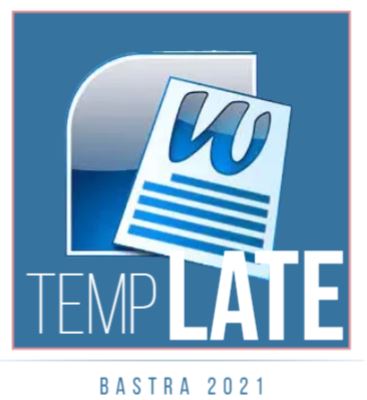BAHASA PIDATO KAMPANYE: KAJIAN ANALISIS WACANA KRITIS
Keywords:
campaign language, CDA, theme, structure, word, sentence, intonationAbstract
This research aims at describing, interpreting, and explaining (1) the theme/topic, (2) the structure (introduction, contents, closing), (3) the lexical meaning, (4) the sentential meaning, and (5) the intonation of campaigners of 2009 election campaign. This qualitative research used 2009 legislative and presidential campaign conducted in East Java region and presidential debate 2009 live from Trans TV Jakarta as its source of data. The data collection methods were observation, recording, field note taking, and interview. Data analysis were done during the research period, from the beginning until the end of the research. The result of the research showed that the theme raised by all president candidates is people’s prosperity improvement issue. The structure of campaign speech involved introduction in the form of heroic word “freedom” (Mega), polite word (SBY), compliments (JK). The content of campaign speech related only to temporary interest to gain power. Lexical and sentential meaning involved the study on three lexical values: experiential, relational and expressive value. The intonation of the campaign speech is generally raising intonation.
Downloads
Published
How to Cite
Issue
Section
License
Authors who publish with PENTAS agree to the following terms:
Authors retain copyright and grant the Engagement right of first publication with the work simultaneously licensed under a Creative Commons Attribution License (CC BY-SA 4.0) that allows others to share (copy and redistribute the material in any medium or format) and adapt (remix, transform, and build upon the material) the work for any purpose, even commercially with an acknowledgement of the work's authorship and initial publication in BASTRA.
Authors are able to enter into separate, additional contractual arrangements for the non-exclusive distribution of the journal's published version of the work (e.g., post it to an institutional repository or publish it in a book), with an acknowledgement of its initial publication in BASTRA.
Authors are permitted and encouraged to post their work online (e.g., in institutional repositories or on their website) prior to and during the submission process, as it can lead to productive exchanges, as well as earlier and greater citation of published work (See The Effect of Open Access).

This work is licensed under a Creative Commons Attribution-ShareAlike 4.0 International License.








